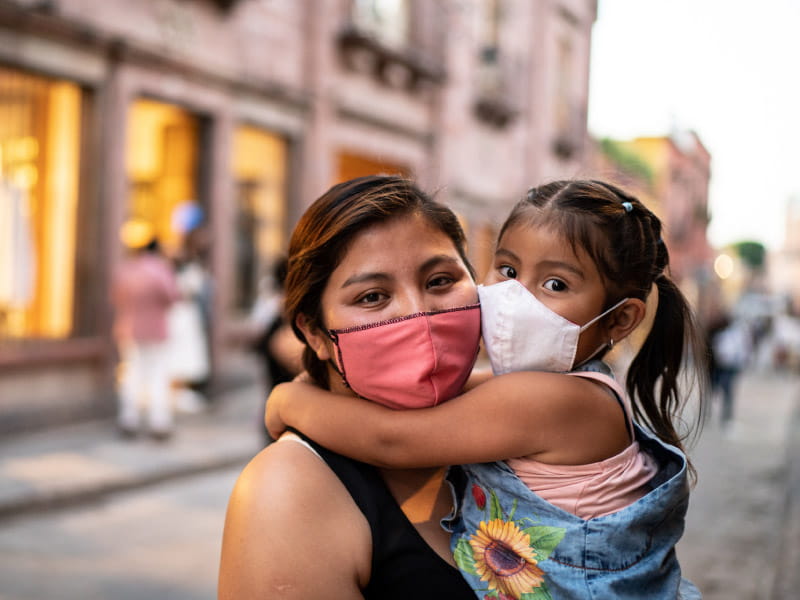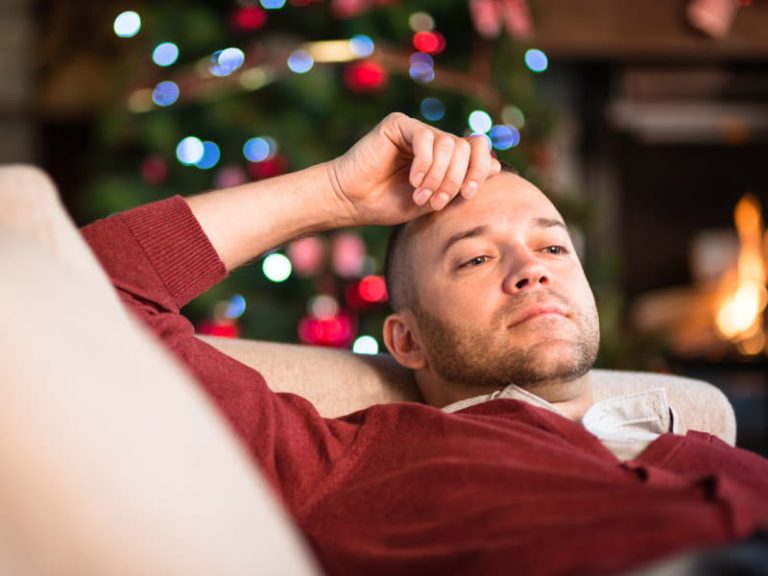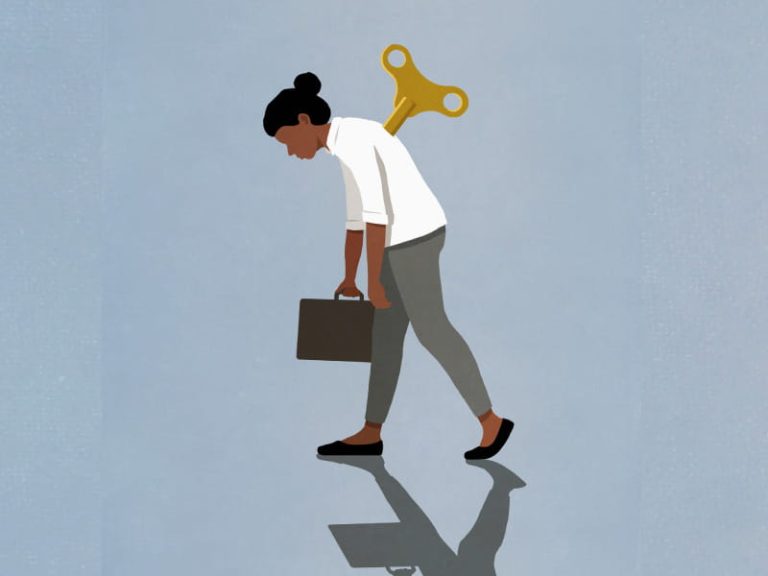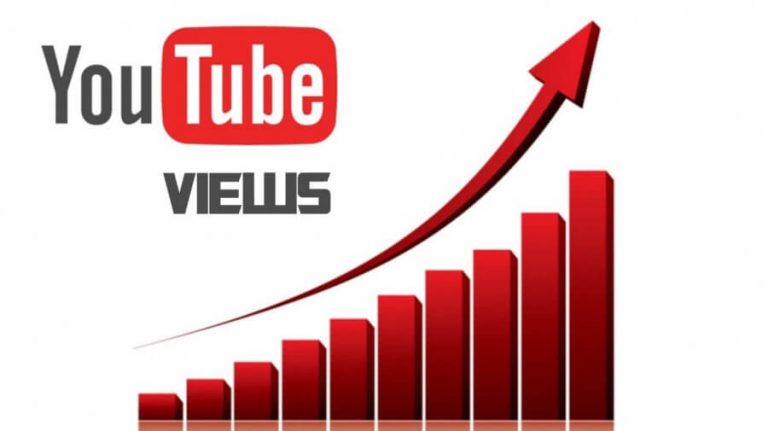Has COVID-19 pandemic changed the world?
Early within the COVID-19 pandemic, the U.S. Hispanic inhabitants confronted disproportionately excessive case numbers. Because the coronavirus disaster enters its fourth yr, and with some federal sources set to run out quickly, issues stay concerning the persevering with impression of COVID-19 on Latino folks.
Between Jan. 22, 2020, two days after the primary COVID-19 case in the US was confirmed, and Could 30, 2020, there have been greater than 1.3 million lab-confirmed instances within the nation, based on the Facilities for Illness Management and Prevention. Of the almost 600,000 instances wherein race and ethnicity knowledge have been out there, a couple of third have been Hispanic folks.
“What we all know now could be that the Latino group actually suffered from a major lack of parental and household figures that disrupted many household models throughout the U.S.,” stated Bertha Hidalgo, an affiliate professor of epidemiology on the College of Alabama at Birmingham.
Systemic disparities, together with lack of entry to well being care and meals insecurity, that have been aggravated by the pandemic proceed to pose a risk to Latinos. Even because the variety of instances and deaths linked to COVID-19 has decreased within the U.S., Hispanic folks comprise 24.3% of all COVID-19 instances wherein race and ethnicity knowledge can be found, regardless of making up solely about 19% of the U.S. inhabitants. That is simply second to non-Hispanic white folks, who complete 53.8% of instances and make up about 60% of the U.S. inhabitants, based on CDC knowledge from mid-April.
CDC knowledge additionally reveals that Hispanic folks make up 16.8% of the nation’s COVID-19 deaths.
Hidalgo stated financial stress associated to the illness poses a further problem for Hispanic folks, who maintain a big portion of jobs in crowded or poorly ventilated circumstances – together with meatpacking vegetation and warehouses – that enhance their danger of an infection.
“Individuals who disproportionately comprise the workforce will not be financially outfitted to purchase high-quality masks or to pay for speedy testing at dwelling,” Hidalgo stated.
She stated monetary stressors may worsen after the general public well being emergency ends on Could 11 that offered numerous free COVID sources, together with entry to well being care and authorities purchases of provides.
So long as provides final of government-purchased COVID vaccines and coverings, they may nonetheless be free for anybody, no matter insurance coverage protection. Personal insurers and Medicare will now not be required to cowl at-home exams. Individuals enrolled in Medicaid, nonetheless, will proceed to obtain free exams by means of September 2024.
Though the extent of COVID-19’s impression on Latinos just isn’t totally understood, Hidalgo stated it “has affected folks’s capacity to work, to stay high quality lives, to entry care that may assist monitor and alter the signs.” To deal with well being inequities in a rising Hispanic inhabitants that presently tops 62 million, Hidalgo stated it is going to require continued efforts from group leaders, native organizations, advocates and the scientific group.
On the scientific entrance, two latest research from the Nationwide Institutes of Well being’s Researching COVID to Improve Restoration undertaking discovered Black and Hispanic COVID-19 survivors could expertise extra signs and well being issues associated to lengthy COVID – but could also be much less prone to obtain a prognosis. The analysis additionally discovered that lengthy COVID’s signs and circumstances manifested in another way in Hispanic folks, who have been extra doubtless than white adults to have issues similar to complications and chest ache however have been much less prone to have cognitive points or fatigue.
Disproportionately extra Hispanic adults who’ve examined optimistic for COVID-19 say they’ve ever skilled lengthy COVID signs – almost 29%, based on the most recent estimates from the U.S. Census Bureau’s Family Pulse Survey.
A excessive prevalence of sure cardiovascular danger components, similar to diabetes and weight problems, amongst Hispanic folks additionally has factored into COVID-19’s impact, stated Dr. Jorge Saucedo, chief of cardiology on the Medical School of Wisconsin in Milwaukee. Each ailments are on the CDC’s listing of circumstances that enhance the possibilities of getting very sick from COVID-19.
“These comorbidities made them extra liable to … have worse outcomes,” Saucedo stated. “Moreover, in fact, there are the socioeconomic issues, similar to the place folks stay. It is not uncommon that many Hispanics stay in smaller areas.”
And lots of Latino folks with power medical circumstances have much less entry to well being care and wholesome meals, they usually stay in a less-favorable setting, he stated. “Below these circumstances, you are going to get sick and while you get sick, you are going to do extra poorly.”
Hidalgo stated that whereas the pending lack of authorities sources could sign that the pandemic is nothing to fret about anymore, folks ought to nonetheless view COVID-19 as a risk and take precautions, together with sporting a masks in crowds and staying updated with vaccinations.
The CDC recommends everybody 6 months and older obtain an up to date, or bivalent, booster to guard towards the unique virus in addition to more moderen variants. The Meals and Drug Administration on Tuesday licensed a second bivalent booster dose for folks 65 and older and people with a weakened immune system. The CDC signed off on the extra booster for these teams on Wednesday.
“In case you’re a high-risk particular person and also you get contaminated, you possibly can nonetheless get sick and die,” Hidalgo stated.
As folks adapt to a world that features COVID-19, it is necessary to proceed utilizing widespread sense to remain wholesome, Saucedo stated. He likened it to the flu: “Yearly we’ll be having this, and we simply must watch out and shield ourselves.”
Editor’s be aware: Due to the quickly evolving occasions surrounding the coronavirus, the details and recommendation introduced on this story could have modified since publication. Go to Coronary heart.org for the most recent protection, and verify with the Facilities for Illness Management and Prevention and native well being officers for the newest steerage.







